Research suggests that friendship can help us find purpose and meaning, stay healthy, and live longer. Friends are more important than you think!!!
How can you sustain your friendships in a pandemic? The first step is recognizing their importance, argues author Lydia Denworth.
Researchers and philosophers have explored in great detail the emotional dramas of love and family. But they’ve spent much less time pondering the deep satisfaction of a good friend and the importance of friendship.
A similar thing happens in our own lives, writes science journalist Lydia Denworth. When something’s gotta give, it’s often our friendships, which take a backseat to our family and work obligations—or our latest fling.
But that’s a mistake, she argues in her new book, Friendship: The Evolution, Biology, and Extraordinary Power of Life’s Fundamental Bond. In fact, research suggests that friendships can help us find purpose and meaning, stay healthy, and live longer. The intimacy, support, equality, and emotional bonds we have in our friendships are unique.
Her book honors the relationships forged through slumber parties, shoulders cried upon, and kindnesses that don’t need to be repaid. “The science of friendship gives you permission to hang out with your friends and call it healthy,” she says. “You’re not being indulgent.” In a conversation with Greater Good, Denworth explains why we need our friends and how to keep those connections strong—even in a pandemic.
Kira Newman: How does friendship change for people across their lifespan?
Lydia Denworth: When you’re very young, of course, your primary social relationship is with your parents or caregivers. But when kids go to school, they start to have deeper friendships that involve, first, doing things together, and then a deeper, shared emotional element. Then in adolescence, it becomes even more abstract and relational.
Related: How Having Friends Outside Your Marriage Benefits the Marriage Itself
All the way through high school and college, friendships can feel easy because you are thrown into an environment where you have lots of same-age peers and the pool of potential friends is big. Also, when you’re an adolescent, your brain is as attuned to social signals and connections as it will ever be. You are really hyper-interested in social activity.
Then in adulthood, as people start to have jobs and maybe get married or have a family, it can become harder to spend time with your friends. Toward the end of life, we tend to come back around to having a little bit more time once kids are grown and careers and jobs are less demanding.
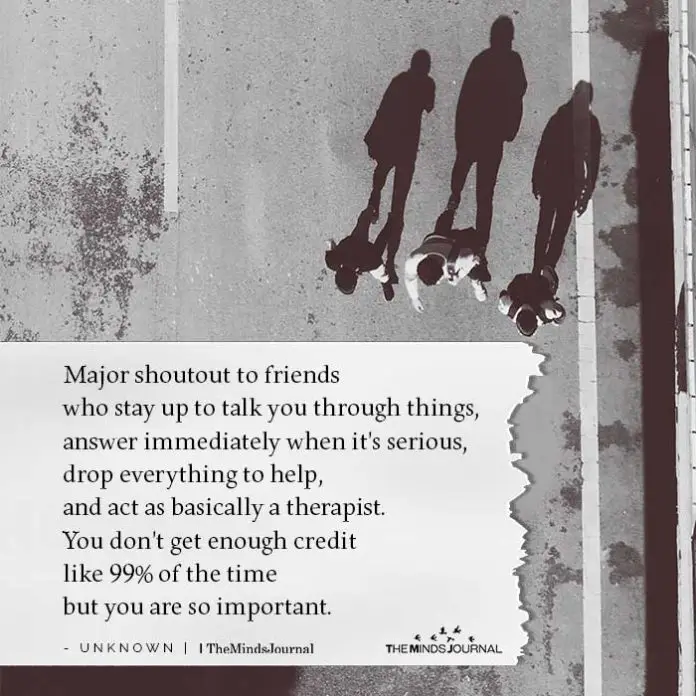
There are these transition points in life when it’s easier or harder to spend time with friends, but what is important for people to know is that friendship is a lifelong endeavor and that it is something that people should be paying attention to at all points in life. I think that people sometimes think (especially in their 30s and 40s), “I just don’t have time for friends right now,” and that’s a mistake.
If you get to be 65 and then now you’re ready to start paying attention to friends, well, it’s a little bit like stopping smoking when you’re 65. If you go from 15 to 65 and you smoke the whole time, it’s still better to stop than not, but some damage will have been done. And if you don’t pay attention to friends all the way along, the same thing is true.
KN: You observe in your book that we tend to neglect our friendships when we get busy, more so than other relationships. Can you say more about that?
LD: The reason we do that is that we feel more beholden to our family that we’re related to, and that makes plenty of sense—we’re legally and biologically connected to our family members. So, I’m not saying that we should be spending a lot less time with family. But we also feel that spending time with friends, instead of working, is indulgent.
My message is that it is not necessarily indulgent because having good, strong friendships is as important for yourself as diet and exercise, and so it’s something you need to prioritize. If you are forever canceling on your friends or failing to make a point of seeing them or talking to them or interacting with them, then you are not being a good friend and you are not maintaining a strong relationship. You need your friends to be there down the road. But you have to do the work along the way, or they won’t be there. Friendship does take some time, but that’s kind of good news because (mostly) hanging out with your friends is fun.

The second half of the story, though, is that it’s quite normal for there to be change in our friendships over the course of a lifetime, and that’s OK. Friendship does need to be a relationship that’s longstanding, but you can cycle through several longstanding friendships in the course of your life. So, it isn’t that you can only stay friends with the people you knew when you were young, of course, because plenty of people do make friends in adulthood and those can become closer friends.
If a relationship is not healthy or even if it’s just not serving you well—if it’s not positive, if it’s really draining, or if it’s lopsided and one of you is always helping the other but not vice versa—that’s not so great. I think people need to realize that it is OK to walk away from friendships that aren’t good ones.
KN: That seems like the flipside of all the amazing benefits that we get when we have strong friendships: There’s a lot of potential for pain when we have difficult, conflict-ridden relationships.
LD: Just like a strong relationship is good for you, a negative relationship is bad for you. Even an ambivalent relationship is bad for you, it turns out, biologically.
An ambivalent relationship is a relationship where you have positive feelings and negative feelings about the person or about your interactions with them. And that’s true of a lot of our relationships—almost half.
Researchers had a scale of one to five: How positive does this relationship make you feel, and how negative does this relationship make you feel? Anybody who was two or above on both things counted as ambivalent, which is really broad. You could be five on the good and two on the bad. What was interesting was that any relationship that was categorized as ambivalent seemed to generate cardiovascular issues and other kinds of health problems.
It’s not as surprising that a toxic relationship would be bad for your health. But I think that the problem with ambivalent relationships, which a lot of us have many of, is more surprising. I think most people suspect that the good outweighs the bad, and so far (it’s early days in that research) it doesn’t look that way.
Related: Do Your Friends Treat You Like An Emotional Dump Ground? If Yes, This Is For You
I think that all this is a reminder of the importance of friendship and working on relationships—all of them, but including your friendships. There’s real value in a positive friendship.
If it isn’t positive, then you can do a couple of things. One is you can try to make it better, work on it, have a hard conversation, perhaps. Two is you quit and you say, “I’m not going to have this person in my life,” but that can be very dramatic. And three would be that you shuffle that friend to the outer circles of your social life. Maybe it’s not someone you can easily stop seeing, but if you don’t rely on them emotionally anymore, then that’s better for you.
KN: Are there some practices you would suggest or steps that you take in your own life to put more time and energy into friendship?
LD: It really does just begin as simply as paying attention and prioritizing. I try regularly to plan to get together with my close friends and the people I care about seeing a lot. We all have relatively busy lives, but I, first of all, make an effort to make the plan, and then I make an effort to get there—to show up. I think showing up is a really critical piece of friendship, in every sense of the phrase.
It could just be that you don’t have time to get together with someone for dinner for weeks, so you have a phone call and you catch up that way. Taking time to catch up on somebody’s life and hear what’s going on with them is an important indicator of it’s worth my time to know what’s going on in your life.
In addition, I think it’s useful to remember that science has clarified the definition of a quality relationship. It has to have these minimum three things: It’s a stable, longstanding bond; it’s positive; and it’s cooperative—it’s helpful, reciprocal, I’m there for you, you’re there for me.
When you’re interacting with your friends, you should be thinking about your side of it. Am I contributing to that? Have I been helpful lately? When was the last time I said something nice or told somebody why I appreciated them or did something nice for someone? Am I a reliable presence in that person’s life? You can think about the way you interact with your friends as needed to fall into those buckets, at a minimum.
Related: How To Make Friends As An Adult: 7 Secrets Revealed
The same thing goes for the online, as well: being positive, being helpful, showing up from a distance, whether that’s just checking in by text or sending a funny joke or forwarding an article or calling—making time. People have been stressed and anxious lately, so we need to be there and provide an ear to listen, a shoulder to cry on, even virtually.
KN: Right now, people in many places haven’t seen their friends for months. What do we miss out on when we can’t be around our friends in person?
LD: There’s a richness to being with your friends in person, and it hits all your senses. So, we’re not getting any of the tactile sense of being with our friends, and there’s a difference when you see them on a screen vs. when you see them in person, although we don’t entirely know in neuroscientific terms what those differences are yet.
One of the things our brains do automatically when we’re having a conversation with someone in person is this natural sense of “call and response,” that I’m talking, and then you respond, and then you talk and I respond. We are reading each other’s cues in a way that makes it easier to do that.
When you’re online, sometimes not only is there a little bit of an artificialness to the interaction but there’s literally a lag that’s built-in from the technology, and that is quite off-putting for our brains. Our brains recognize that as a different kind of interaction, and they don’t like it very much. I think that’s one reason why some people are being driven crazy by Zoom. And if you have a group on Zoom, it’s very hard figuring out who’s going to speak next. There’s a way that we handle that with nonverbal cues in person that is harder to pull off virtually.
Related: Should A Man Tell His Family and Friends That He Is Suffering From Mental Illness?
When you’re in person, you can have a much more natural conversation. There’s an ease and a warmth and a naturalness that we get when we’re with our friends, and I think we really are missing the ability to hug them and high five—that’s big stuff that matters a lot. So, it’s a loss.
That said, people are reporting a lot of positive experiences, even remotely. We’re being forced to interact virtually, but we’re getting a lot of benefits out of it. It’s not the same, but it’s a whole lot better than nothing. Limited though it is, technology has been a lifesaver in this moment. I can’t imagine what this would have been like if we didn’t have it.
KN: What do you most hope people will take away from the book?
LD: That they will make friendship a priority, that they will call a friend and work harder on thinking about the importance of being a good friend, that parents will think about talking to kids about the importance of friendship and modeling being a good friend and prioritizing it. Parents are full of messages about achievement, and not as many messages about what it means to be a good friend, but I think it’s one of the most important skills that a child can develop. Through all our lives, the importance of friendship has been hiding in plain sight.
Are you ready to put more time and energy into friendships in your life?
Watch this video to know and recognize toxic friends so that you can avoid them:
Written by: Kira M. Newman
This article originally appeared on Greater Good, the online magazine of the Greater Good Science Center at UC Berkeley.
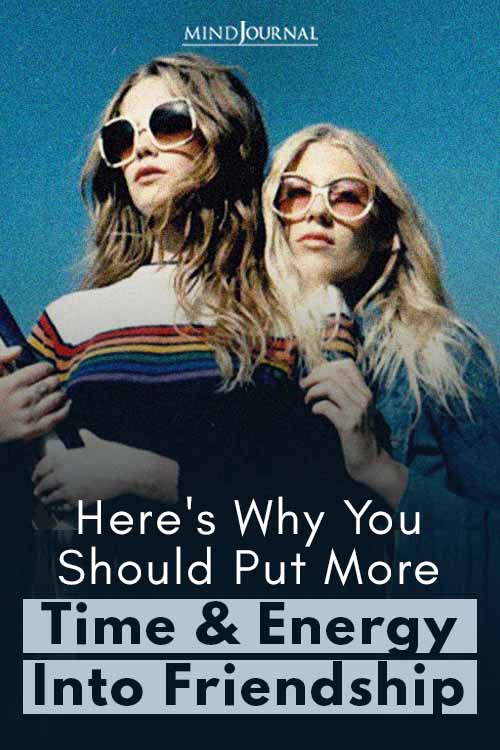

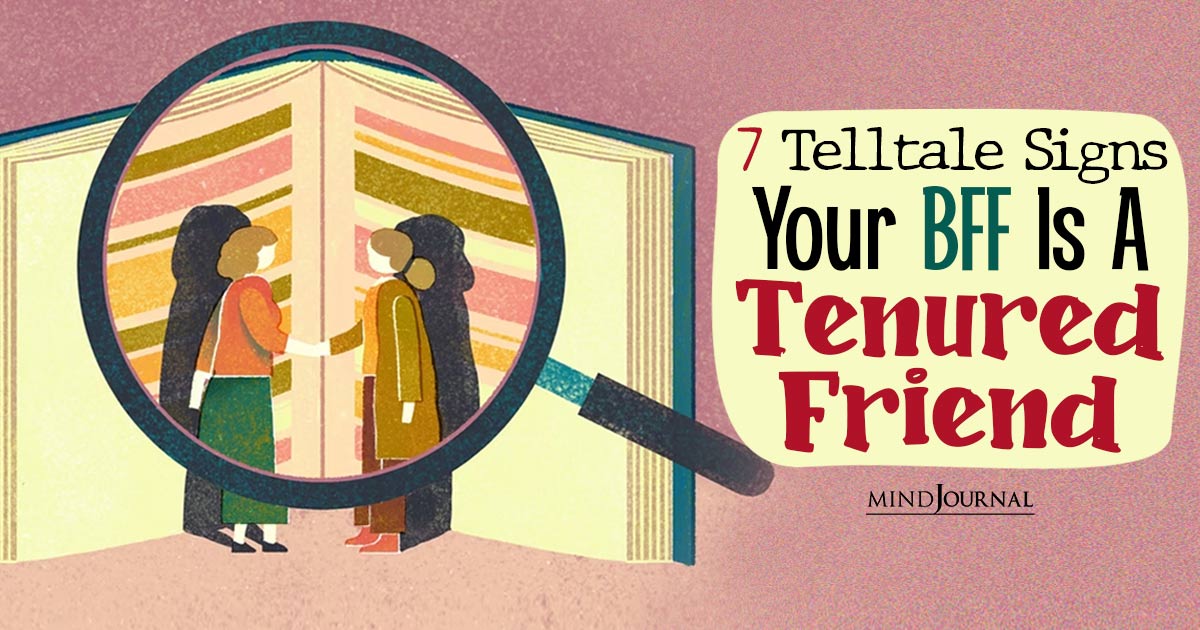
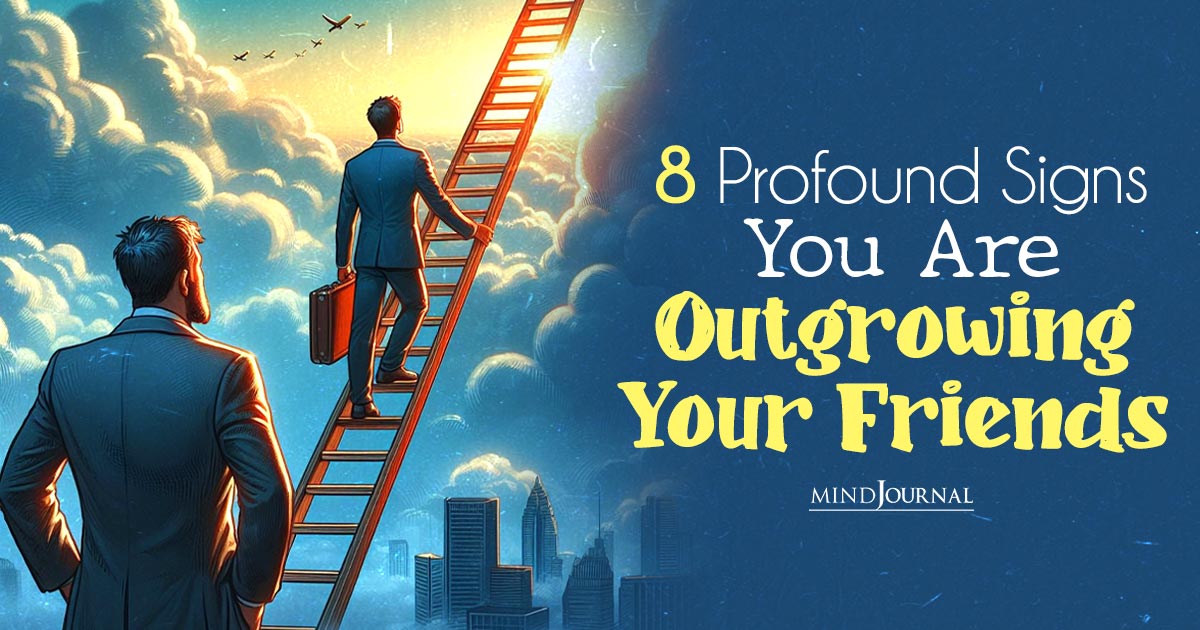
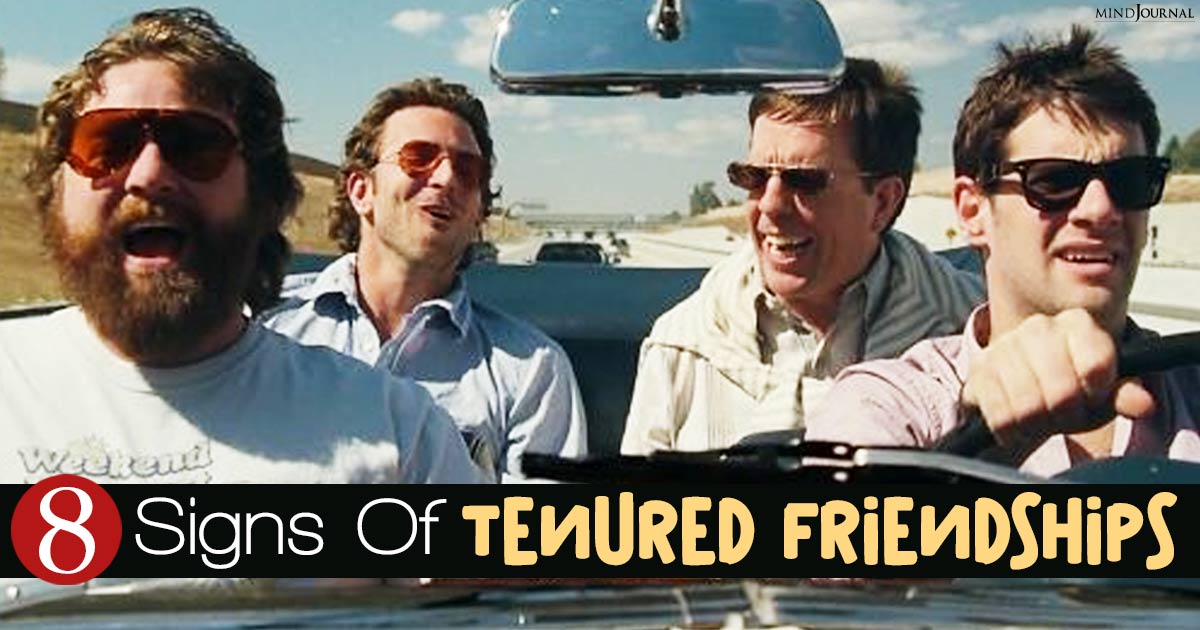
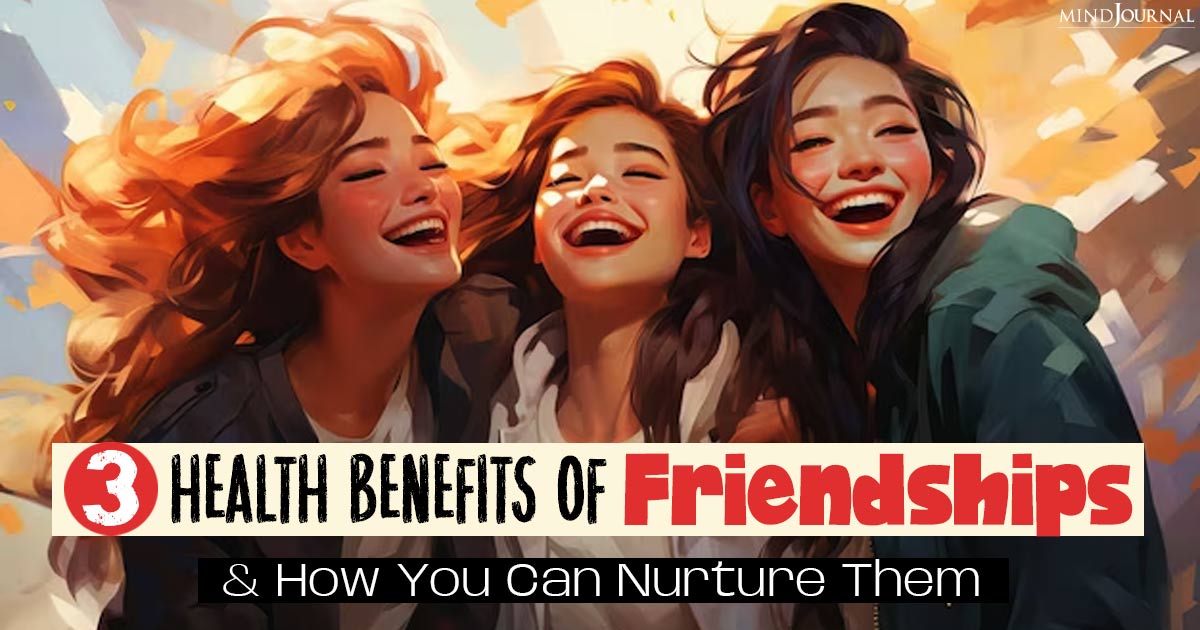
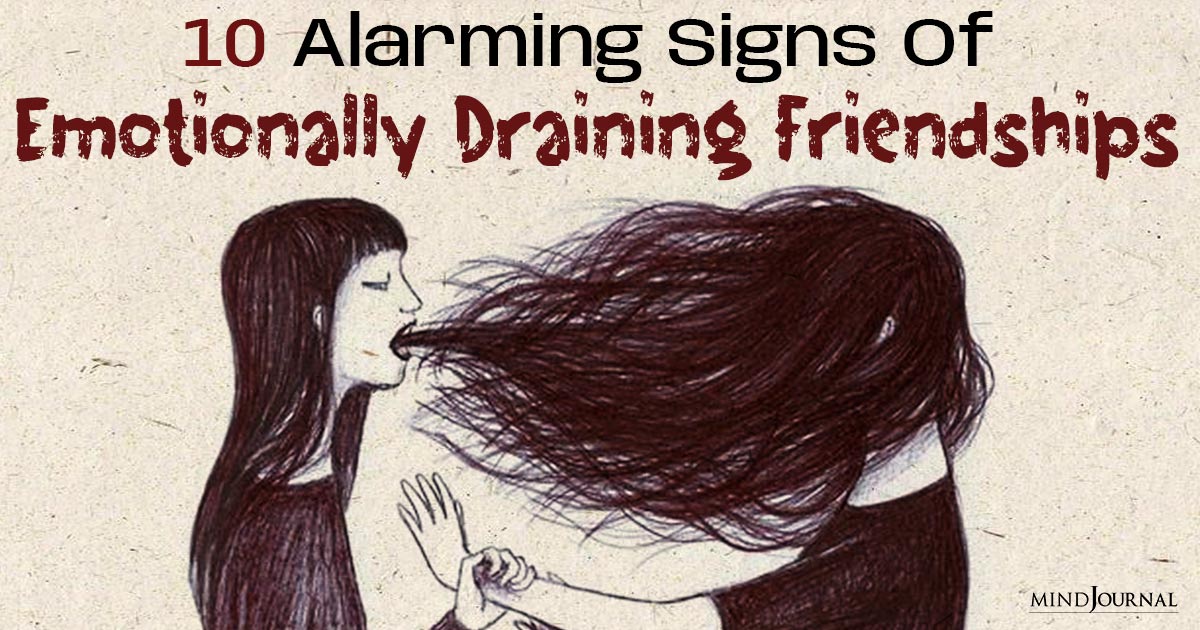
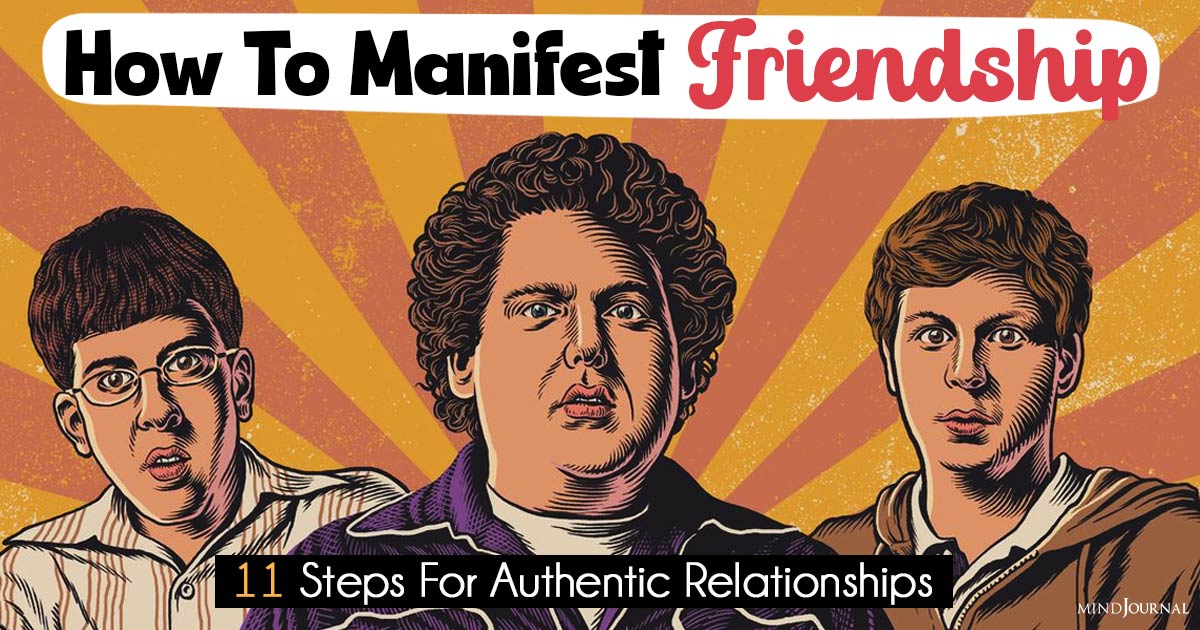
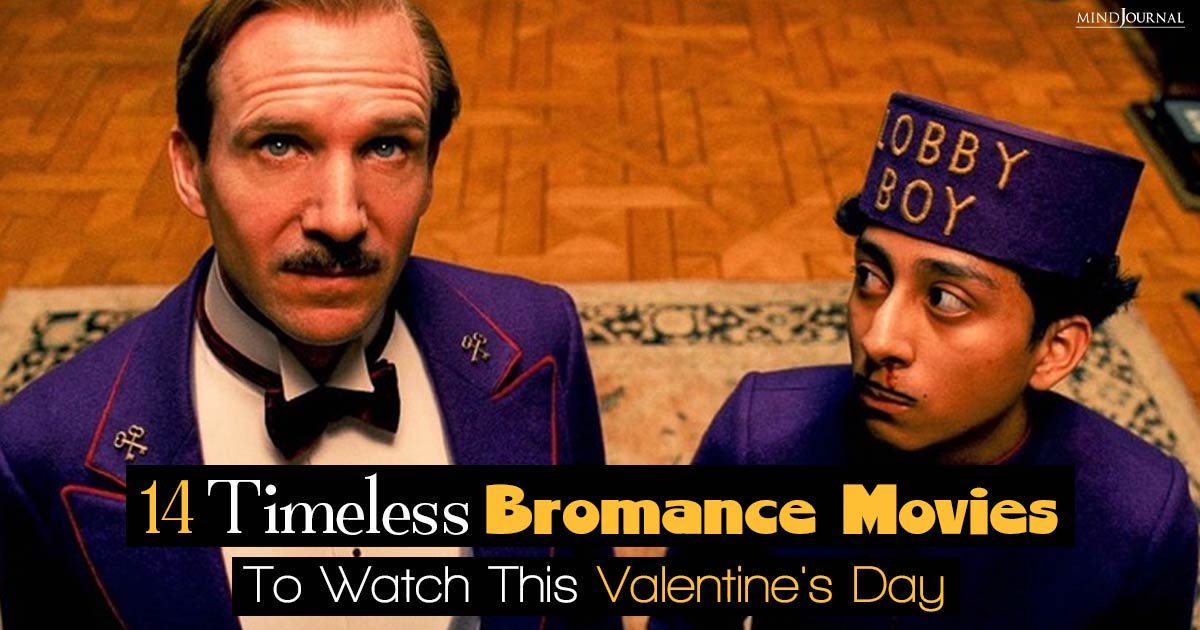
Leave a Reply
You must be logged in to post a comment.